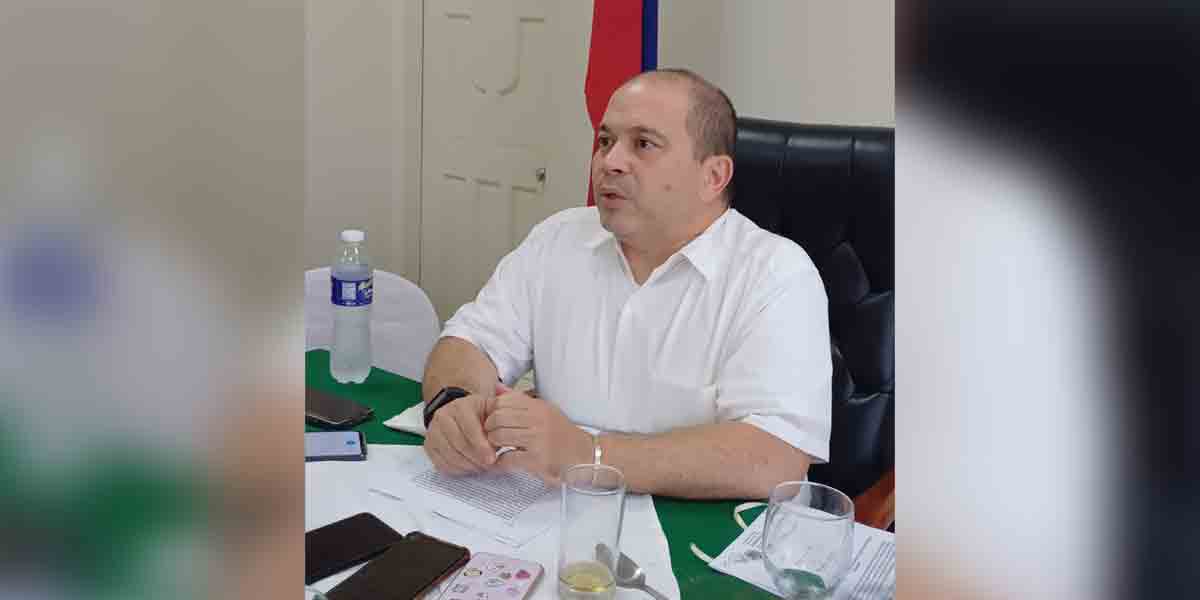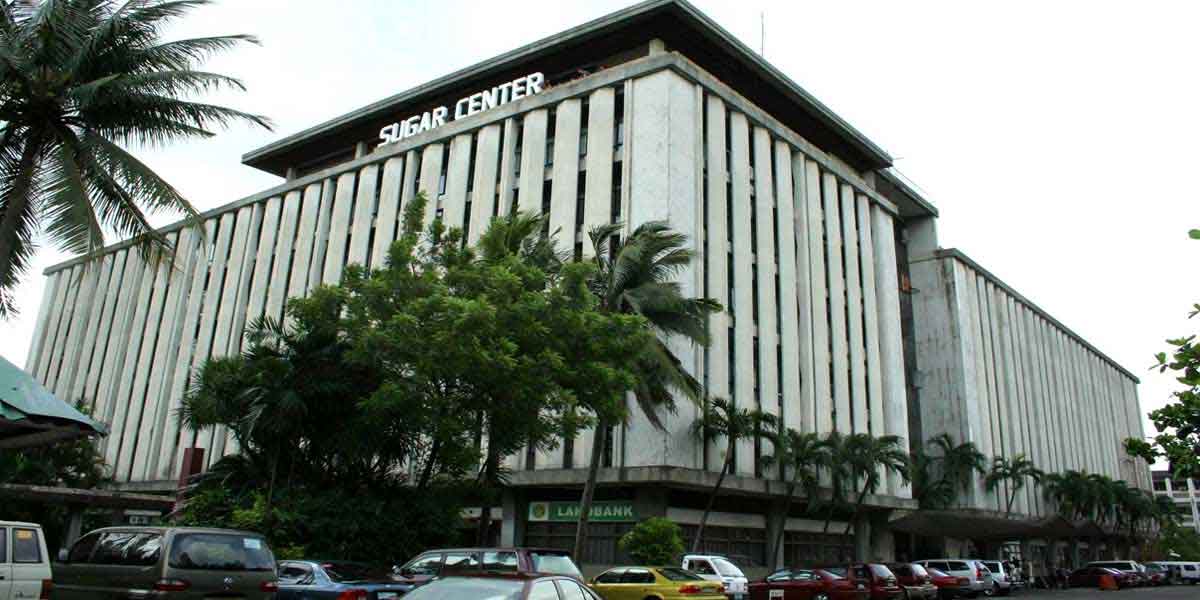By Francis Allan L. Angelo
In a move to position the Philippines at the forefront of global climate action, President Ferdinand R. Marcos, Jr. has established an interagency technical working group to spearhead the country’s bid to host the Loss and Damage Fund (LDF) Board.
The LDF serves as a pivotal global financial mechanism aimed at supporting nations disproportionately affected by climate change, according to a statement from the Department of Finance.
The President’s initiative reflects a commitment to accelerating the Philippines’ access to crucial climate financing and expanding opportunities for international cooperation on climate change mitigation and adaptation.
Hosting the LDF Board will not only provide the Philippines with greater visibility among developed nations and potential development partners but also serve as a platform for international collaboration on climate-related initiatives and showcase the country’s proactive climate strategies.
Under Marcos, Jr.’s leadership, the Philippine government has advanced strategic investment and financing frameworks that prioritize climate and development-positive actions, including the National Adaptation Plan (NAP) and the Nationally Determined Contributions Implementation Plan (NDC IP) with its Financial Strategy.
Finance Secretary Ralph G. Recto reaffirmed the nation’s readiness. “The DOF will lead the country’s bid to host the Loss and Damage Fund. We have already begun thorough preparations on this matter, and we believe that the Philippines is more than ready to take on this important role,” Recto said.
The Department of Finance (DOF), heading the technical working group, is joined by the Department of Foreign Affairs (DFA), the Department of Environment and Natural Resources (DENR), the Department of Budget and Management (DBM), and the Climate Change Commission (CCC) in strategic discussions to prepare for the country’s hosting bid.
Chief-of-Staff and Undersecretary Maria Luwalhati C. Dorotan Tiuseco, who chaired the first TWG meeting, underscored the challenging yet rewarding pursuit. “Preparing to win the Philippines’ bid to host the LDF Board won’t be easy, but it is a lofty and worthwhile endeavor,” Tiuseco stated.
The Philippines’ candidacy is bolstered by its status as a significant international hub and home to numerous regional and international organizations. Coupled with its robust climate finance and disaster risk resilience framework, the nation stands as an exemplary host for the LDF Board.
Moreover, the country already has active access to major international climate funds, such as the Green Climate Fund (GCF) and the Global Environment Fund (GEF), and is actively seeking access to the Adaptation Fund, signaling its dedication to and capacity for leading global efforts in climate finance.



















